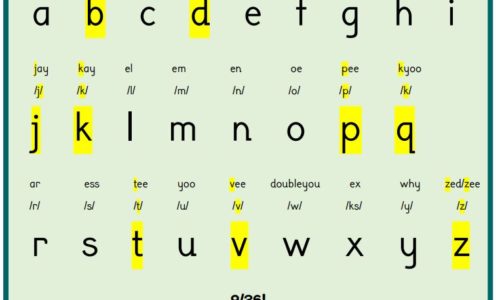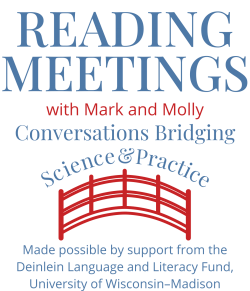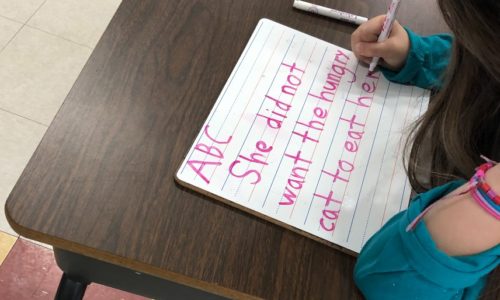
Happy Spring!! The weather is getting warmer, the flowers will be in bloom, and the Kindergarten Center teachers are wondering when it will be time to teach letter names! For those of you who did not read, “Lynbrook Takes the Lead on Long Island,” the Lynbrook School District is revamping its reading curriculum and is…
Read More




